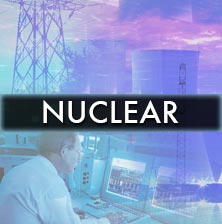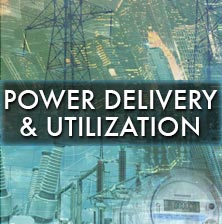The following is a small selection of items recently published by EPRI. To view complete lists of your company-funded research reports, updates, software, training announcements, and other program deliverables, log in at www.epri.com and go to Program Cockpits.

This study assessed the sustainability goals of member utilities in EPRI’s Energy Sustainability Interest Group.

This report evaluates emerging augmented and mixed reality technologies for space and energy applications.

This study assesses key parameters of the spent fuel inventory at the Santa María de Garoña nuclear power plant and evaluates the potential dry storage options available to store the spent fuel.

This report documents successes, challenges, and lessons with electric vehicle charging stations at a mixed-use development in Atlanta called Atlanta Station.

This report provides a framework for using risk insights to support an integrated risk-informed decision-making process at nuclear plants.

This report provides operational parameters that can increase fossil power plant reliability along with metrics to track the parameters.

This report examines control and automation approaches and improvements to help large conventional thermal power plants sustain reductions in minimum load. It also identifies opportunities to improve controls and automation as part of a case study at a coal-fired unit.

This report examines the worldwide market and technology status of gasification technologies.

This report discusses the types of Endangered Species Act compliance needs that electric utilities commonly face and provides guidance to help utility environmental managers comply more efficiently and effectively.

This white paper examines security challenges related to growing grid-connected distributed energy resources, including electric vehicle charging infrastructure and microgrids.

Well-defined and achievable water stewardship goals can help utilities respond to water-related risks across their fleets systematically. This report investigates the business case for setting water goals, describes specific types of goals and associated performance targets, and provides guidance on how to establish and implement water goals and communicate progress to interested stakeholders.

This study examines how connectivity and interoperability among distributed energy resources and associated systems support utility business needs. It also looks at considerations related to interoperable communications that must be made to lower capital and operational expenses and reduce grid-asset risks.